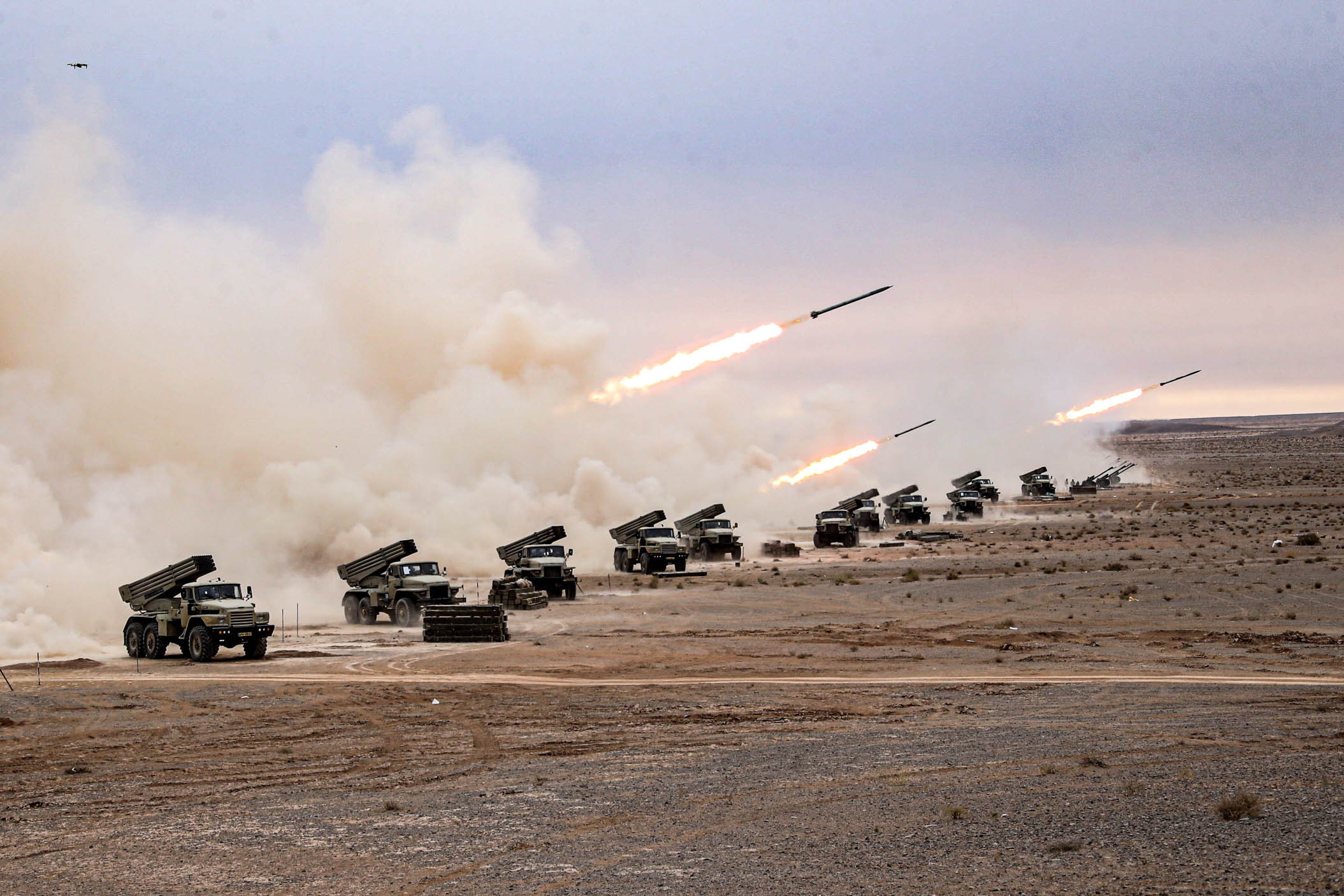On Thursday, Tel Aviv and the rest of Israel slept through another torturous night. The decision for an Israeli retaliatory strike on Iran had been confirmed. The only question was when.
Each of the days leading up to Monday April 22, the first day of Pesach, has its own set of constraints, as a strike during would certainly not be possible this Jewish holy week. “After” was just too far away timewise, so everything seemed to indicate the attack would take place before Pesach.
Then Thursday brought more clues and rumors. What’s more, anyone trying to activate their mobile phone location in northern Israel would find themselves at Beirut International Airport.
Most people, though suspicious, considered both coincidental. After all, rumors were a daily occurrence and their intensity was relative and subjective. As for the second, it seemed too obvious to be a security issue managed by Israel.
At noon, however, when the Israeli army reported that it had just completed an exercise on handling a major attack from Lebanon, people had to ask themselves why they would do such a thing.
Whether all this was accidental or planned will remain unknown for the foreseeable future. But the absence of comments from the official side, coupled with the publicizing of the latter and failure to refute the former seemed strange at least, if not positively frivolous.
Fast forward to Friday morning. Israel’s attack was already two hours in the past, but just as everyone was trembling over how the Iranian regime would react, Tehran first made no comment then denied there had been an attack, making mocking references to “three Israeli drones that were shot down.”
Israel itself refrained from confirming that it was its own strike. And the plot thickened still further when the entire political establishment attacked the Minister for National Security and leader of Otzma Yehudit, Itamar Ben-Gvir, who, aiming a blast at Benjamin Netanyahu, had tweeted the word ‘Ineffective’ on X, confirming it had indeed been an Israeli move.
The answer to all this probably lies in whether the Middle East (and with it, the entire planet) felt even a little safer on Thursday before Israel’s attack, or on Friday after it. The common ground probably lay in the realization that, although the distance between the two scenarios was small, this was one of those rare cases in which calm was indeed achieved by means of a military strike.
And it was. In a situation in which neither party wanted to escalate matters, Israel’s attack benefited both, giving Tehran a chance to pretend it hadn’t realized a thing and Jerusalem the opportunity to argue it had delivered the message it wanted without being accused of causing a regional conflict. Especially now, with the opposite camp consistently winning the communication game for months.
With the help of Tik Tok? Yes, usually.
But it’s the outcome that matters, right?
Danger averted, the issue has been consigned to oblivion and it will be up to future historical researchers to investigate and decide whether the whole thing was a consensual game.
A game whose outcome would, however, seem to have come as a relief to almost everyone.









